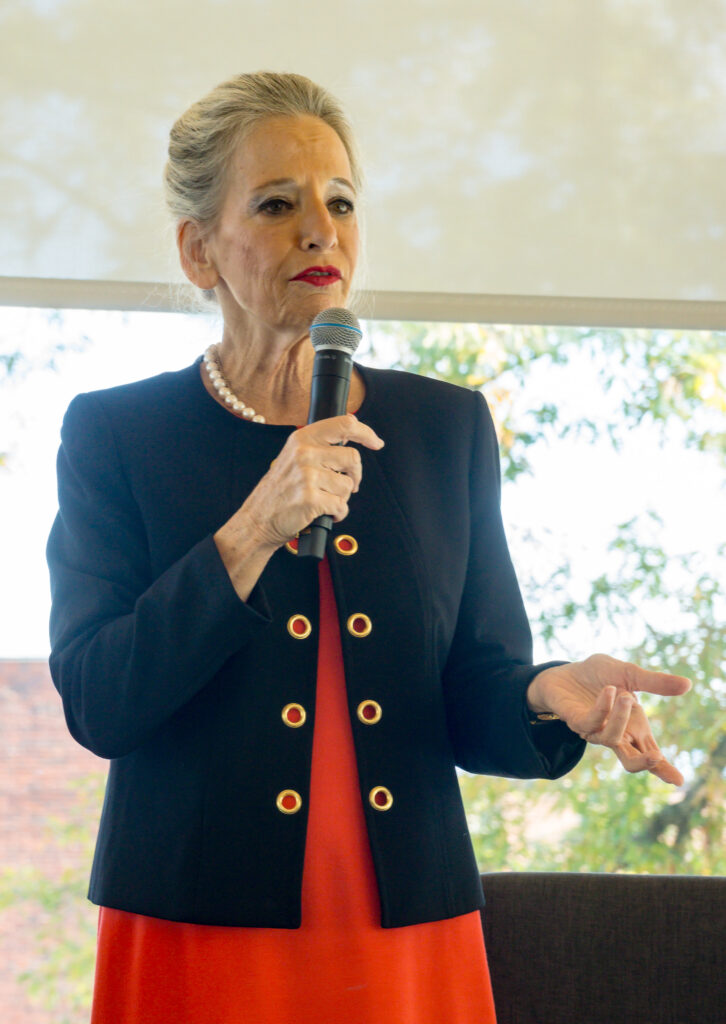March 19, 2012
The Knesset adopts the “Photoshop Law,” requiring adult fashion and commercial models to have a body-mass index of at least 18.5, in an effort to prevent them from losing weight to the detriment of their health. The law also requires a clearly marked notification if an image has been altered or digitally manipulated.
The law was initiated by fashion photographer Adi Barkan after his friend, an Israeli model, died in 2007 while weighing 60 pounds and suffering from anorexia. The Photoshop Law goes into effect Jan. 1, 2013.
World experts in eating disorders praise the law as a step in the right direction in combatting a growing problem, especially among young women. Some legal scholars note that Israel’s lack of a constitution helps the bill become a law, while in the United States it would be an unconstitutional restriction on freedom of artistic expression.
Dr. Rachel Adato, a member of the Knesset from the Kadima party and a physician who served as the deputy director of Hadassah Hospital before being elected, is one of the MKs who introduced the bill. She tells The Jerusalem Post that 1,500 Israeli teenagers develop eating disorders each year and says she is hopeful that the new law will have an impact on the way Israeli youths view themselves: “Extremely thin models have become the ideal in the advertising world, which surrounds us all day long and tells us what to buy and what to do. They can no longer serve as role models for innocent youth that adopt and copy the illusion of thinness.”
From the earliest days of the Zionist movement, body image was interconnected with the idea of building a strong modern Jew, not the stereotypical weakling as often depicted in Jewish life in the Diaspora.










